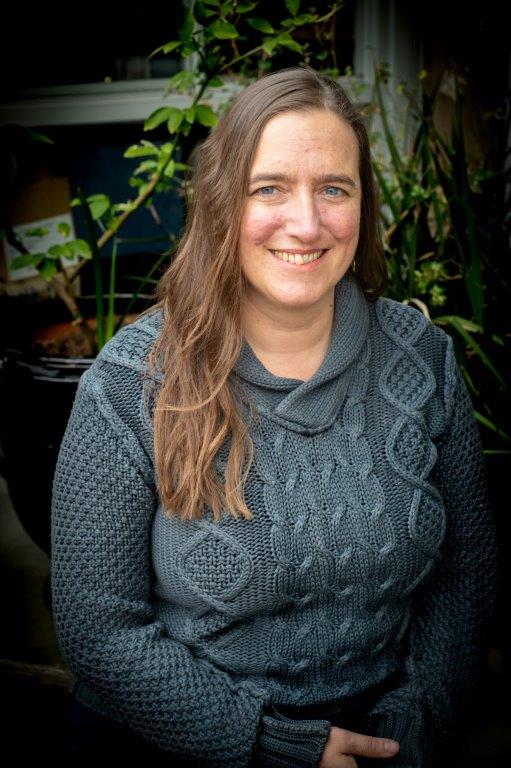
Chile
Empowering Chile’s Grassroots Recyclers: Asociación Movimiento Nacional de Recicladores de Chile
- Status
- Completed Research
- Research Year
- 2023-24
In Chile, approximately 60,000 grassroots recyclers collect between 2 and 10 tonnes of recyclable waste per month. Despite their meaningful contributions to waste management and sustainability, a 2021 study revealed that many of these recyclers face social exclusion. Their work remains informal and hidden, which separates them from mainstream society and limits their access to formal employment opportunities, even though they play a crucial role in supporting communities and advancing sustainability through their recycling efforts.










